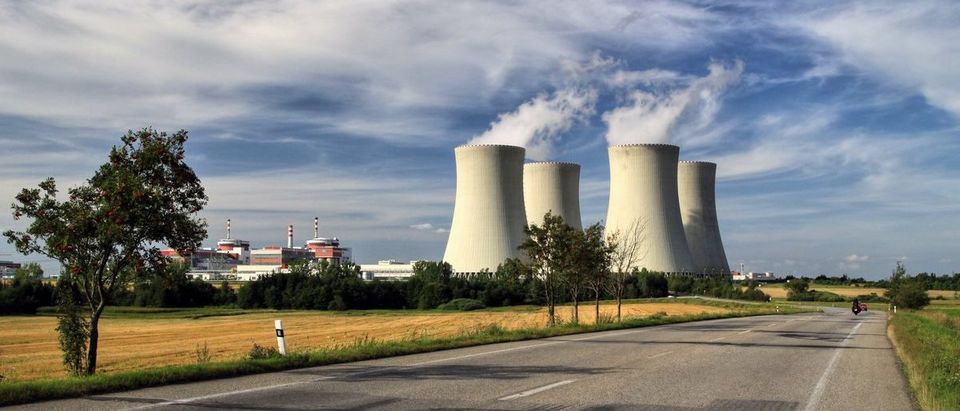Shutting down nuclear power plants could be devastating to small towns across the U.S., according to a Sunday Associated Press report.
Towns with shuttered nuclear plants are promptly struck by rising property taxes, cuts to essential services and less school funding, according to the AP report.
U.S. nuclear plants are the main economic fixture of small, out-of-the-way towns across the country. In Carlton, Wisc., for example, 70 percent of its yearly budget disappeared when the nearby nuclear power plant shut down four years ago.
“The US nuclear industry is a tremendous economic engine, annually contributing $60 billion to US GDP while employing more than 100,000 people and supporting nearly 400,000 more jobs across the economy,” John Keeley, a spokesperson for the Nuclear Energy Institute, told The Daily Caller News Foundation.
“Each nuclear plant directly employs 400 to 700 workers on site, generates an average of almost $16 million in state and local tax revenue annually, and results in federal tax payments of approximately $67 million per year,” Keeley said.
After a reactor is built, small town economies become deeply dependent on it, as its workers generally live nearby and are well paid. Both the plant itself and its workers pay taxes, increasing the amount of money flowing into the town. Small towns economies are often built around a single industry, which provides a core of jobs. If the core industry goes under, the town dies shortly thereafter.
When a nuclear plant in Maine closed in 2013, local property taxes spiked by a factor of 10 as the town lost half of its tax revenue.
AP reports that about 15 to 20 nuclear power plants could be shut down earlier than expected due to high repair costs and difficulty competing with cheap natural gas-fired plants and heavily subsidized green energy sources. America currently operates 99 nuclear reactors across 61 commercially operating nuclear power plants, according to the U.S. Energy Information Administration (EIA).
“Average nuclear industry wages are 36 percent higher than prevailing local wages,” Keeley said. “Yet economic pressures from historically low natural gas prices and incentives favoring other electricity technologies have resulted in the premature closure of several US nuclear power plants. Absent action at the federal and/or state levels, this problem will only get worse over the next several years.”
Within the past two years, six states have shut down nuclear plants and dozens of other plants across the country are facing challenging economic conditions, placing them at risk of imminent early retirement.
A study of Pennsylvania’s five nuclear power plants found they provided 15,900 in-state, high paying, full-time jobs and generate $69 million in net state tax revenues each year. A single nuclear power plant visited by TheDCNF last April directly employs 900 people and provides an annual payroll of almost $125 million. The reactors shell out $22.8 million in taxes each year.
The economic harm from shutting down local nuclear power plants wouldn’t just be limited to small towns, it would also hit the poor.
Most analysts agree that keeping residential electricity prices low is good for American households, especially impoverished ones. Pricey power disproportionately hurts poorer families and other lower-income groups as the poor tend to spend a higher proportion of their incomes on “basic needs” like power.
As essential goods like electricity become more expensive, the cost of producing goods and services that use electricity increases, effectively raising the price of almost everything. The higher prices are ultimately paid for by consumers, especially the poor.
Send tips to andrew@
All content created by the Daily Caller News Foundation, an independent and nonpartisan newswire service, is available without charge to any legitimate news publisher that can provide a large audience. All republished articles must include our logo, our reporter’s byline and their DCNF affiliation. For any questions about our guidelines or partnering with us, please contact licensing@dailycallernewsfoundation.org.


